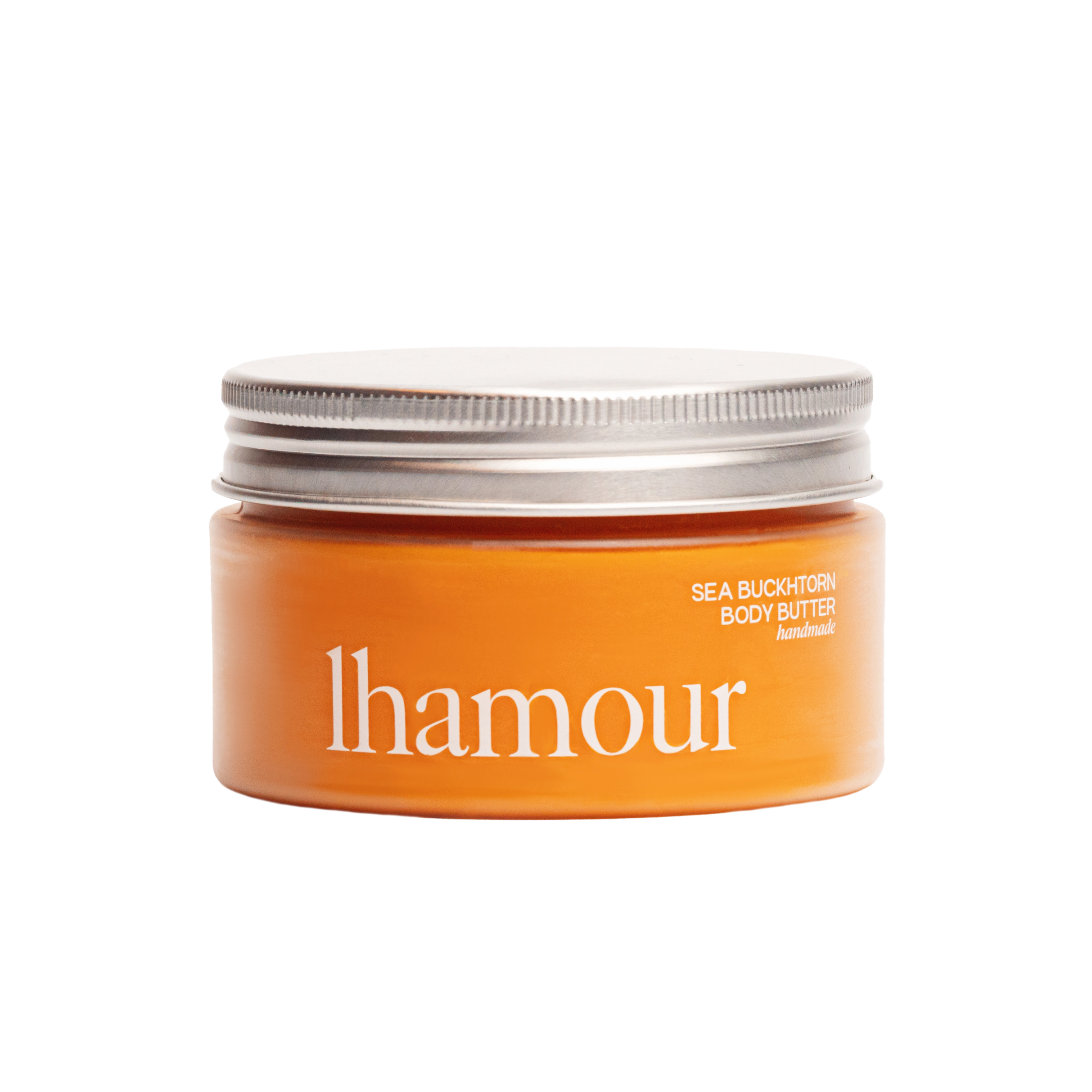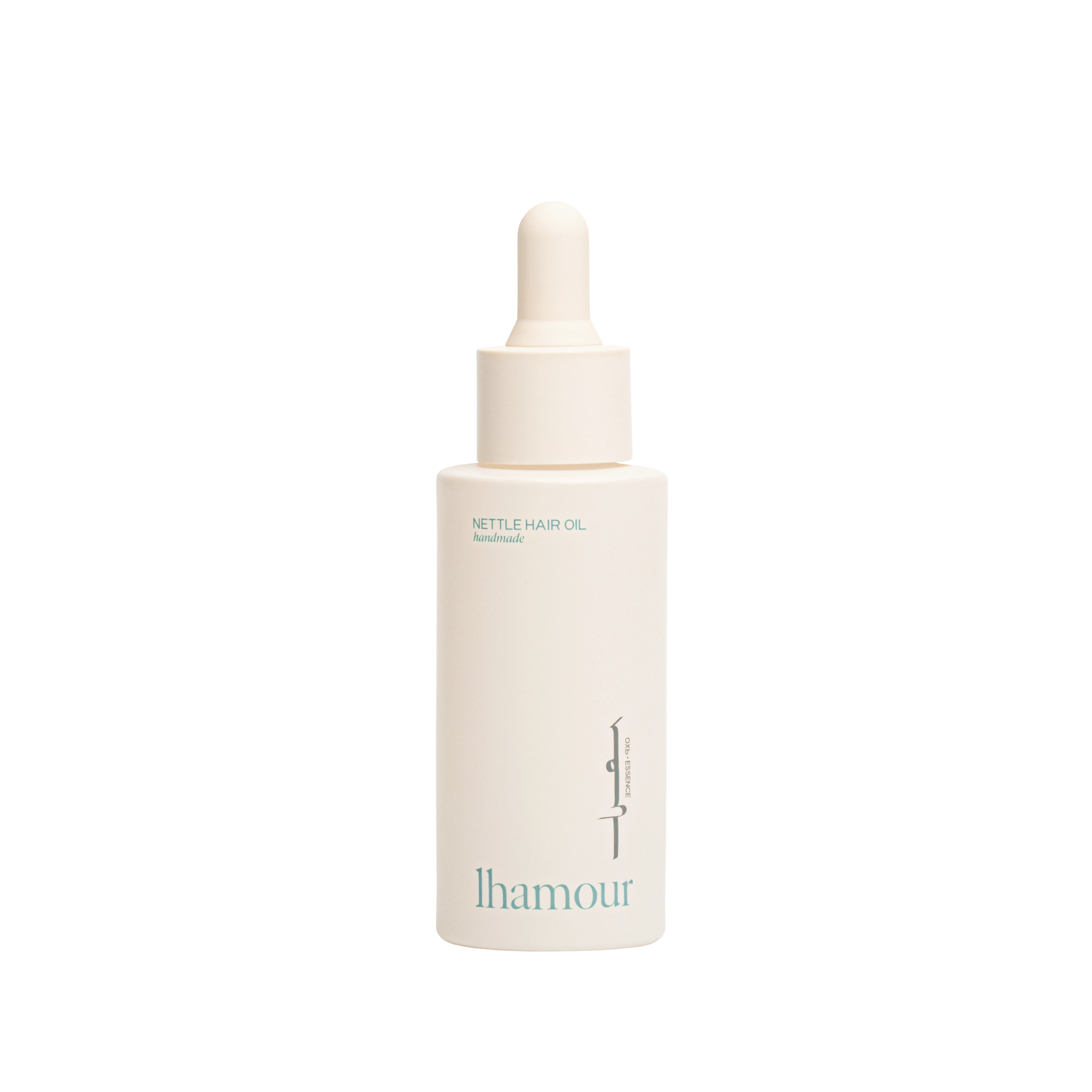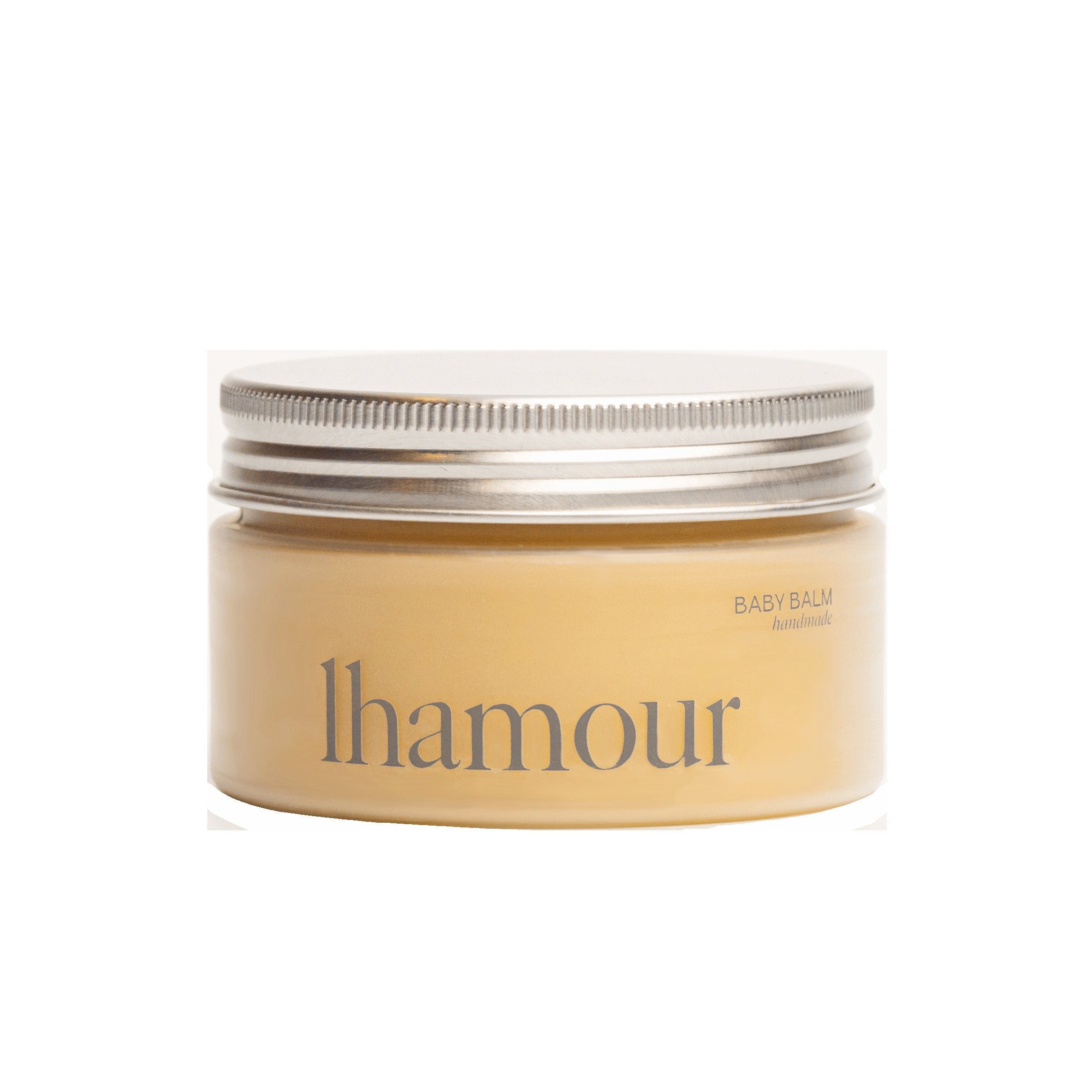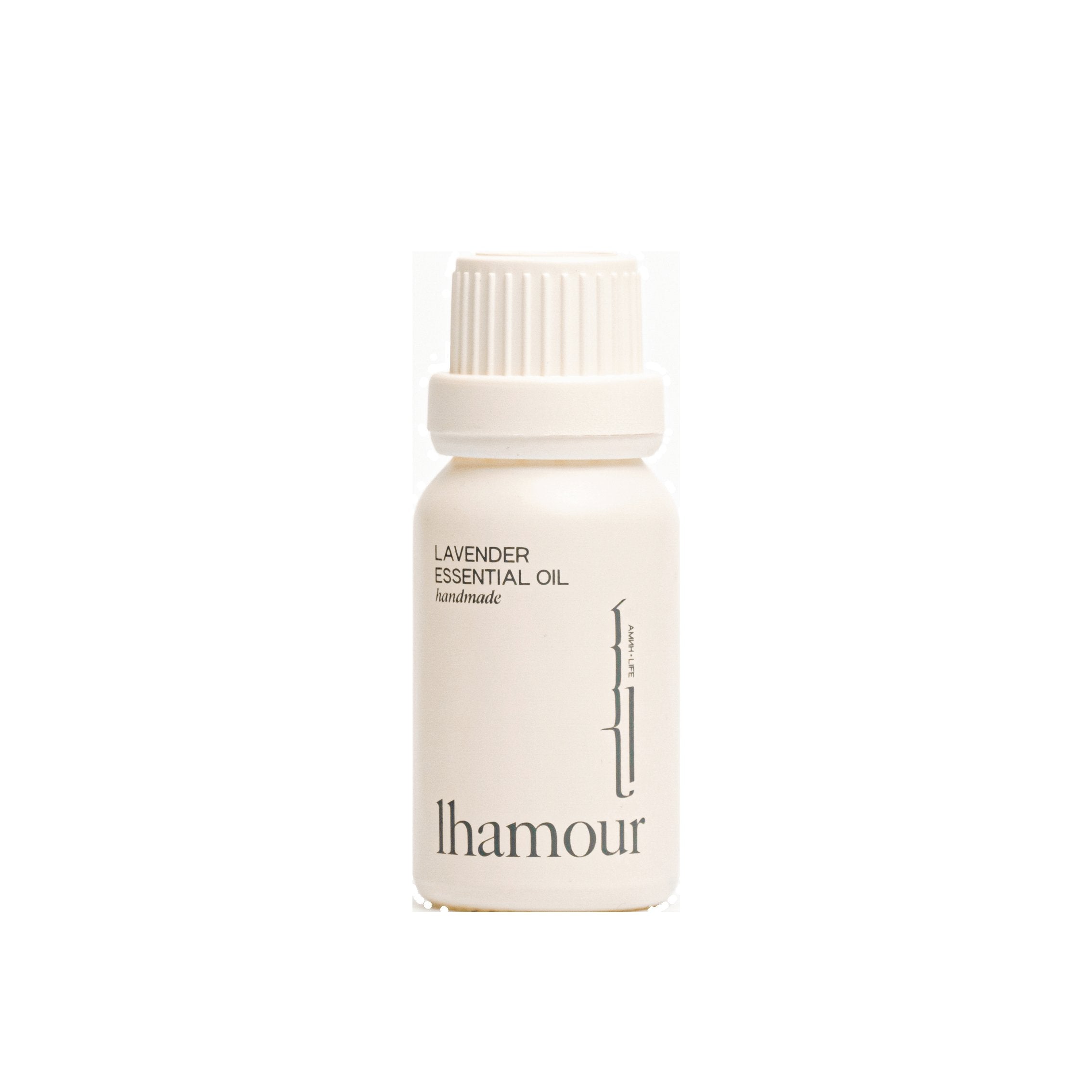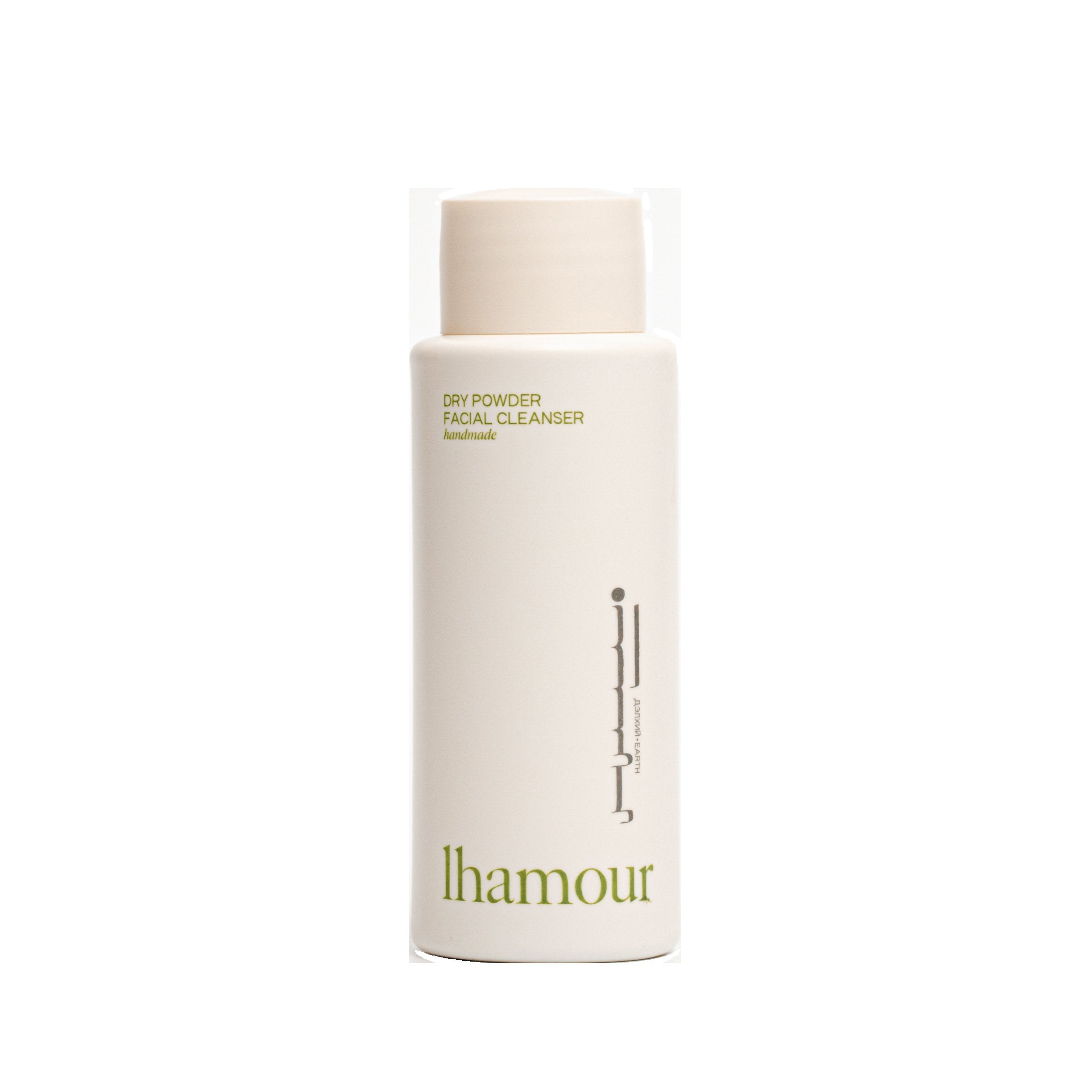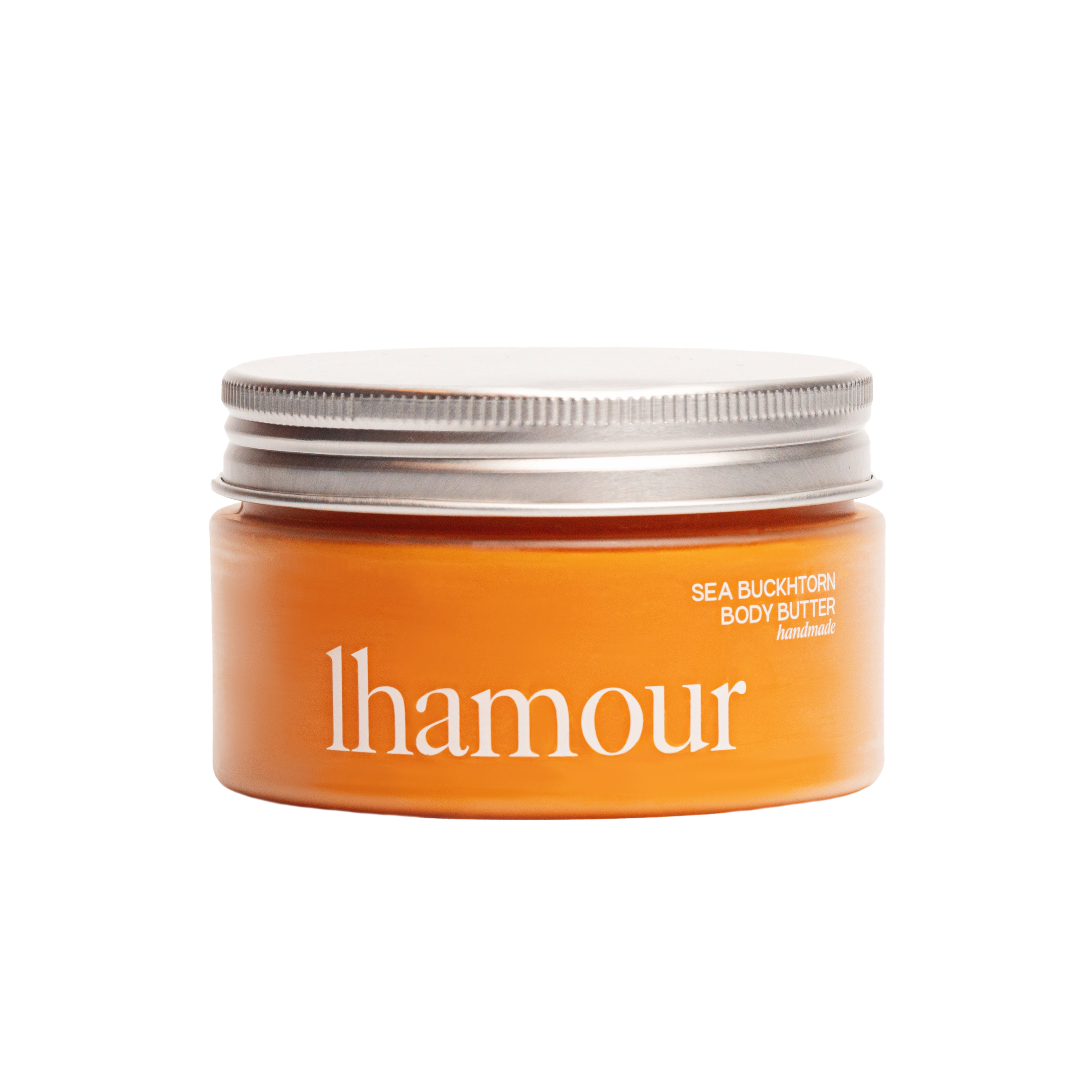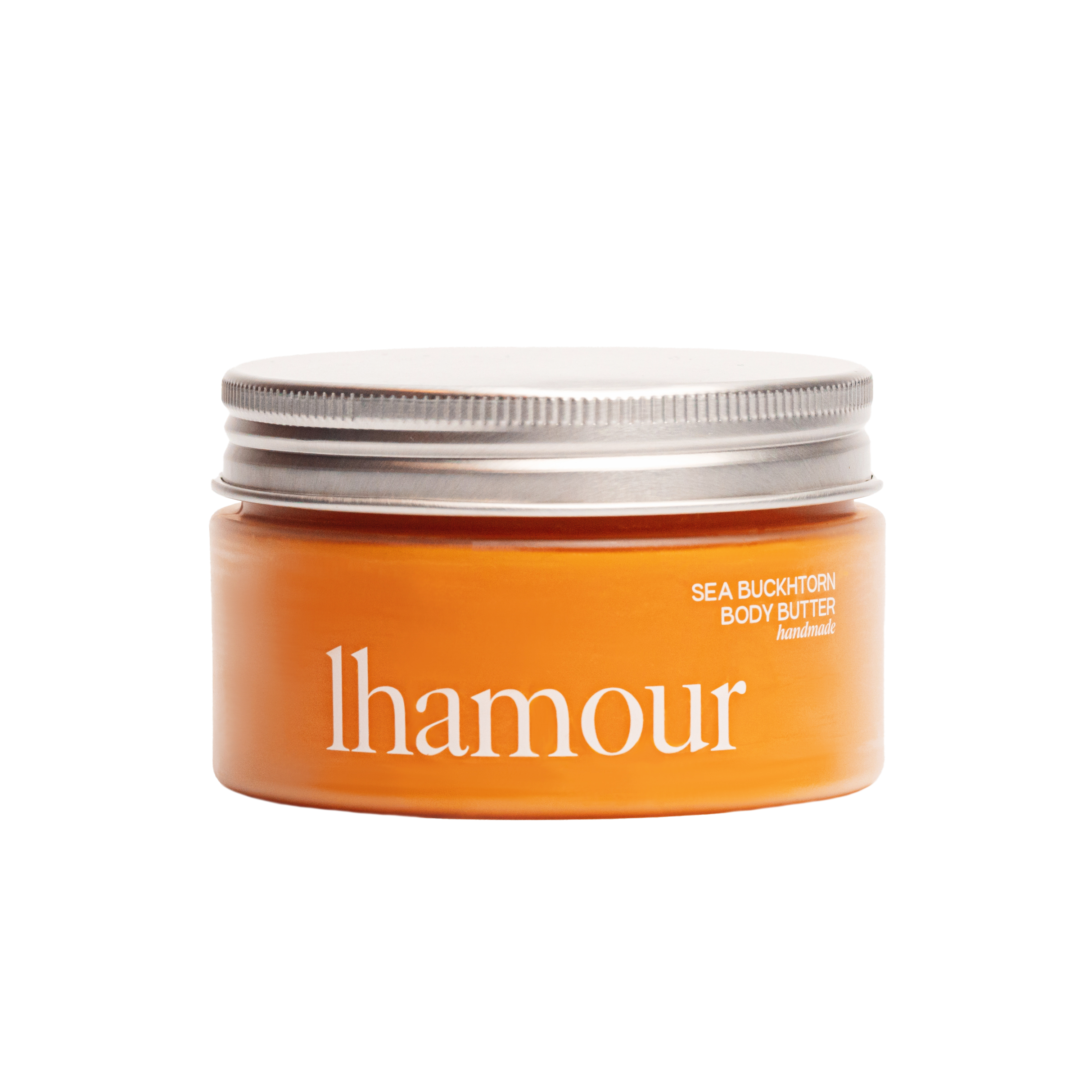In the quest for healthier, glowing skin, nature has provided us with a remarkable ally—rosehip. This little fruit is a powerhouse of nutrients, making it a beloved staple in the world of natural skincare. When you embrace the benefits of pure, organic rosehip, sustainably grown and thoughtfully harvested, you're not just nourishing your skin; you're also making an eco-friendly choice that aligns with a more conscious lifestyle. Whether you're dealing with dry or sensitive skin, or you're an expecting mother looking for safe skincare solutions, rosehip can be a game-changer. Join us as we delve into the wonders of this natural wonder, exploring how it can transform your skincare routine and leave you with a radiant complexion.
Rosehip: A Skincare Powerhouse
Rosehip has emerged as a true superstar in the world of natural skincare. This section explores the multifaceted benefits of rosehip oil, the advantages of choosing organic options, and the importance of sustainable cultivation practices.
Benefits of Rosehip Oil
Rosehip oil is packed with skin-loving nutrients that can transform your complexion. Rich in vitamins A and C, it's a natural antioxidant powerhouse that fights free radicals and promotes collagen production.
Studies have shown that rosehip oil can help reduce the appearance of fine lines and wrinkles, improve skin elasticity, and even out skin tone. Its high content of essential fatty acids makes it an excellent moisturizer for all skin types.
For those struggling with acne or hyperpigmentation, rosehip oil's anti-inflammatory properties can help calm irritated skin and fade dark spots. It's truly a versatile addition to any skincare routine.
Why Choose Organic Rosehip
Opting for organic rosehip in your skincare products ensures you're getting the purest, most potent form of this natural wonder. Organic cultivation methods avoid the use of harmful pesticides and chemicals, resulting in a cleaner, more effective product.
Organic rosehip oil is often cold-pressed, preserving its delicate nutrients and ensuring maximum efficacy. This means you're getting all the skin-nourishing goodness nature intended.
By choosing organic, you're not only benefiting your skin but also supporting sustainable farming practices that are better for the environment. It's a win-win for your skin and the planet.
Sustainability in Rosehip Cultivation
Sustainable rosehip cultivation is crucial for both environmental preservation and ensuring a long-term supply of this precious skincare ingredient. Responsible harvesting practices help maintain the ecological balance of rosehip-growing regions.
Many sustainable rosehip farms employ local communities, providing fair wages and supporting rural economies. This ethical approach to sourcing ensures that your skincare choices have a positive impact beyond just your skin.
Sustainable cultivation also often results in higher quality rosehip oil, as plants are grown in optimal conditions without harmful chemicals. This means you're getting a product that's good for you and good for the world.
Embracing Natural Skincare
Natural skincare, with rosehip as a star ingredient, offers a gentle yet effective approach to achieving healthy, glowing skin. Let's explore how to incorporate rosehip into your routine, hear from those who've experienced its benefits, and learn how to choose the right products.
Incorporating Rosehip in Your Routine
Adding rosehip to your skincare regimen is simple and can yield impressive results. Here's how you can make the most of this natural wonder:
-
Cleanse your face thoroughly with a gentle, natural cleanser.
-
Apply a few drops of rosehip oil to slightly damp skin, gently massaging it in.
-
Follow with your regular moisturizer if needed, especially for drier skin types.
-
For an extra boost, mix a drop of rosehip oil into your favorite moisturizer or foundation.
Rosehip oil can be used both morning and night, but if you're new to it, start with nighttime application to see how your skin responds. Remember, a little goes a long way – 2-3 drops are usually sufficient for the entire face.
For targeted treatments, you can apply rosehip oil directly to areas of concern, such as fine lines or dark spots. Consistency is key, so make it a regular part of your routine for best results.
Testimonials: Real Results from Rosehip Users
Many skincare enthusiasts have experienced remarkable results with rosehip oil. Here are some real-life testimonials:
"I've been using rosehip oil for three months, and the difference in my skin is amazing. My acne scars have faded, and my skin looks so much more radiant!" - Sarah, 28
"As someone with sensitive skin, I was hesitant to try new products. But rosehip oil has been a game-changer. It's so gentle yet effective." - Mike, 35
These experiences highlight the versatility and effectiveness of rosehip oil across different skin types and concerns. Many users report improvements in skin texture, hydration, and overall glow after incorporating rosehip into their routines.
Tips for Choosing the Right Rosehip Products
When selecting rosehip skincare products, keep these tips in mind to ensure you're getting the best quality:
-
Look for organic, cold-pressed rosehip oil for maximum potency.
-
Check the ingredient list – pure rosehip oil should be the only ingredient.
-
Opt for dark glass bottles to protect the oil from light degradation.
-
Consider the source – reputable brands often provide information about their harvesting practices.
Quality rosehip products should have a rich, amber color and a slightly nutty scent. Avoid products with added fragrances or preservatives, as these can diminish the natural benefits of the oil.
Remember, while rosehip oil is generally safe for most skin types, it's always wise to do a patch test before full application, especially if you have sensitive skin or are prone to allergies.

